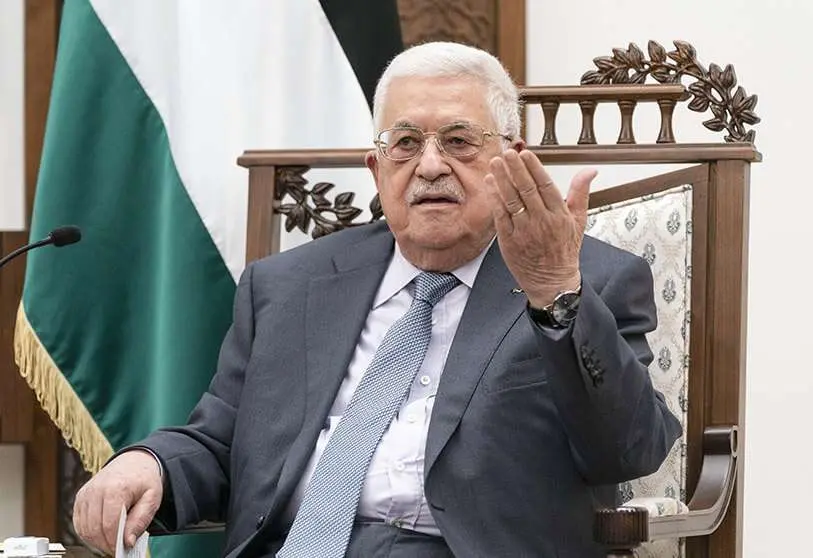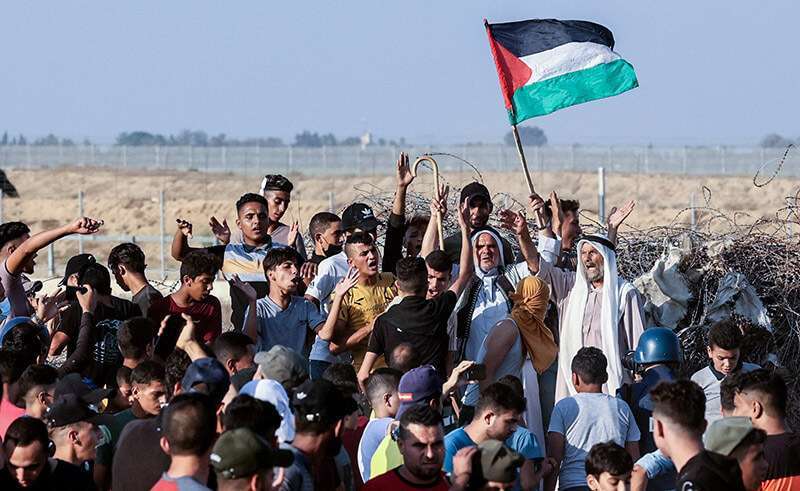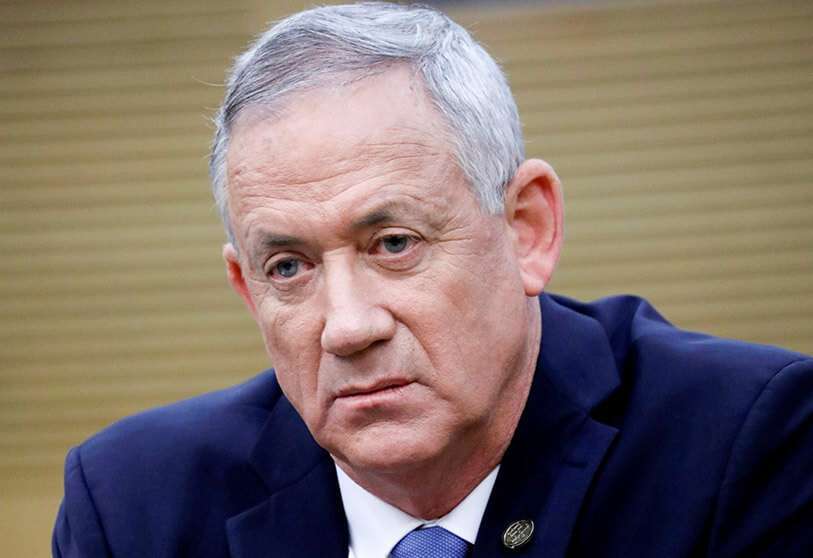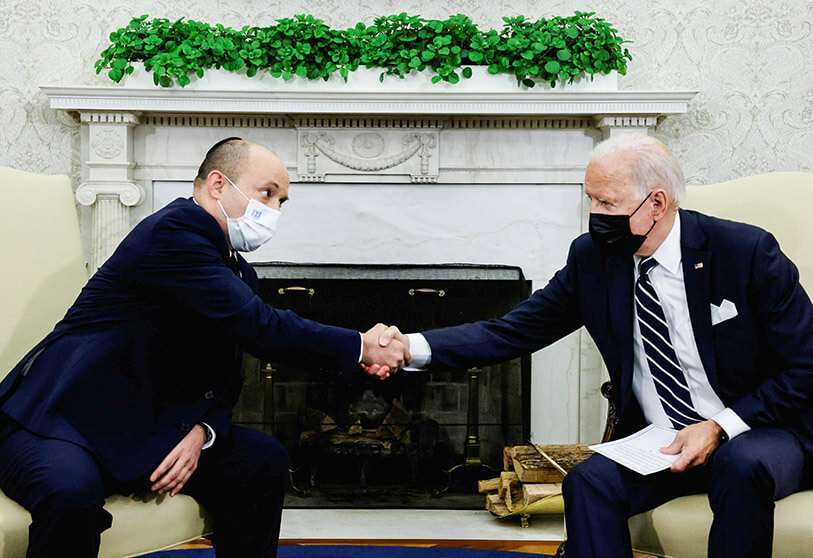Israel and Palestine hold first high-level meeting in more than 10 years

Israel's self-styled 'Government of Change', made up of an amalgam of parties ranging from the left to the ultra-nationalist right, which succeeded in ousting former Israeli Prime Minister Benjamin Netanyahu from power after more than 12 years in office, is beginning to offer a new image in domestic politics. The Palestinian conflict, inherent to Israel's defence policies, and, above all, Hamas, the de facto government in the Gaza Strip, are the main domestic threats to Israel.
The new government, led by Naftali Bennet, an ultra-nationalist politician, posed a major obstacle to tackling the Palestinian issue, as there is no consensus between the different parties that make up the government. After the escalation of violence between Hamas and Israel in May, it seemed that the new administration's policies would not be too far removed from those adopted by the previous Netanyahu-led government.

In June, Israeli Prime Minister Bennet approved an offensive against the Gaza Strip in response to the launching of incendiary balloons on the border that caused around 20 fires in Israeli territory, breaking the ceasefire reached in May between the Israeli authorities and Hamas officials, mediated by Egypt. These events suggested that, despite announcing a change in relations between Palestinians and Israelis, the new Israeli government was perpetuating Netanyahu's policies.
However, in a paradigm shift and an increase in tensions between the Jewish country and the Gaza Strip, Israeli Defence Minister Benny Gantz met with Palestinian President Mahmoud Abbas in Ramallah (West Bank), days after the meeting between Prime Minister Naftali Bennet and US President Joe Biden. The meeting between Abbas and Gantz marks the first high-level meeting since 2010. Israeli-Palestinian peace talks were suspended in 2014 and have not resumed since.

According to an official statement from Benny Gantz's office, national security, civil and economic issues were discussed during the meeting, as well as the current financial and security situation in the West Bank and Gaza. Gantz stressed that Israel "seeks to take measures to strengthen the Palestinian economy". However, according to the daily Hareetz, a senior Israeli official close to Israeli Prime Minister Naftali Bennet, this meeting does not imply the opening of a diplomatic process with Palestine. He said that "the meeting between Gantz and Abbas was approved in advance by the prime minister. The meeting covered routine matters between the defence ministry and the Palestinian Authority."
This high-level Israeli-Palestinian meeting comes just days after Israeli Prime Minister Naftali Bennet met in Washington with US President Joe Biden, who insisted on the need for progress in the peace process. Bennet, however, made it clear that Israel has no intention of moving forward in a diplomatic process with the Palestinians due to the current political circumstances, but left the door open to moving forward on economic agreements with the Palestinian Authority, which is suffering from a severe economic and leadership crisis.

The Palestinian Authority (PA) led by Mahmoud Abbas has come under increasing criticism domestically as well as internationally for an alleged crackdown on fundamental rights following the death in Palestinian custody of a prominent activist. Demonstrations against Abbas's leadership as well as the PA's management have taken place across the West Bank, calling into question Abbas's leadership of the formation.
The Israeli-Palestinian conflict remains entrenched, and nothing is likely to change with the arrival of the new 'government of change'. Bennet has stated on multiple occasions that he is openly opposed to the two-state solution and only approves of the initiative to financially support the Palestinian Authority as opposed to Hamas, as Israeli Communications Minister Yoaz Hendel emphasised on Kan public radio, "our main interest is an economically strong Palestinian Authority".








